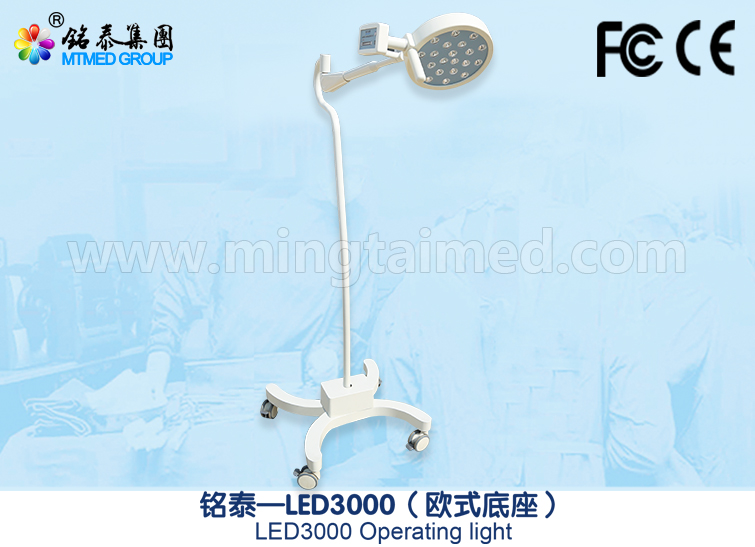Yesterday, it was learned from related departments that in order to accelerate the pace of ecological construction in the Binhai New Area, Tianjin will strengthen cooperation with the Chinese Academy of Forestry in the treatment and afforestation of saline-alkaline land in the coastal areas. In recent years, 30 species successfully selected from 124 saline-tolerant tree species in collaboration with the Chinese Academy of Forestry have played a major role in the greening of Binhai New Area. It is reported that from this year onwards, within three years, the relevant departments will also import and cultivate 50 kinds of salt-tolerant plants from abroad, establish light, medium, and heavy saline-alkali type test areas suitable for the city's environment, and further enrich the vegetation in the Binhai New Area.
Located on the coast of the Bohai Sea, the city is low-lying and has high soil salinity. There are about 3 million mu of salinized land above moderate levels, which are mainly distributed in Tanggu, Hangu, Dagang, Dongli, Jinnan and Ninghe in the Binhai New Area. Jinghai and other places. As the Binhai New Area has been listed as a key development and opening construction area by the State Council, the management of saline-alkali land has become an urgent issue to be resolved. In recent years, with close focus on the goal of eco-city construction, a number of research institutes such as the Chinese Academy of Forestry, the China Agricultural University, the City Central Academy of Sciences, the Academy of Agricultural Sciences, and the Forestry Bureau have jointly tackled the problems, which has gradually enriched the vegetation in the Binhai New Area. The National 863 Project, the construction of the Halophyte Botanical Garden, has been basically completed. At present, the vegetation coverage rate in the 5 hectares of botanical gardens has increased from 10% to more than 90%, becoming a germplasm gene pool of northern China’s halophytes and a large-scale nursery for coastal ecological construction. . Relying on transgenic technology for scientific research on salt-resistant, alkali-resistant poplar varieties has also been a major success. In heavy saline-alkali areas such as Tanggu and Dagang, experiments have been carried out to determine the viability and growth of different types of saline-alkali land and to explore higher-value transgenic plants. This year, 1 million transgenic poplar trees have been fully planted in coastal areas. In addition, in order to further enrich the salt-tolerant plant species, the city will introduce 50 species of salt-tolerant plants such as Norway cockroach, Aesculus hippocastanum, and Don Juan of Canada from France, the United States and other countries and regions, including 27 species of trees and 23 species of shrubs.
Mingtai Auxiliary Operating Lamp is applicable to ENT, urology, and gynecologic surgery lighting or auxiliary lighting, and it is the best lighting equipment. With high brightness, portability and other characteristics, it is more suitable for out-patient operating room of the emergency operations
Shandong Mingtai Medical Equipment Group Co., Ltd is established in 2000 year, supporting operating room and ICU medical equipment. Since company established, continue to develop, keep making progress, let people enjoy the health future with better quality and service. Mingtai products get ISO13485, ISO9001, CE & SFDA certification. Mingtai company have many patents. Mingtai brand series Operating Light, Operating Table, Medical Pendant, Hospital Bed and air disinfection equipment meet different distributor and customer`s different requirement.

Auxiliary Operating Lamp
Auxiliary Operating Lamp,Medical Light,Led Fog Lights,Stand Operating Light
Shandong Mingtai Medical Equipment Group Co., Ltd , https://www.mingtaic.com